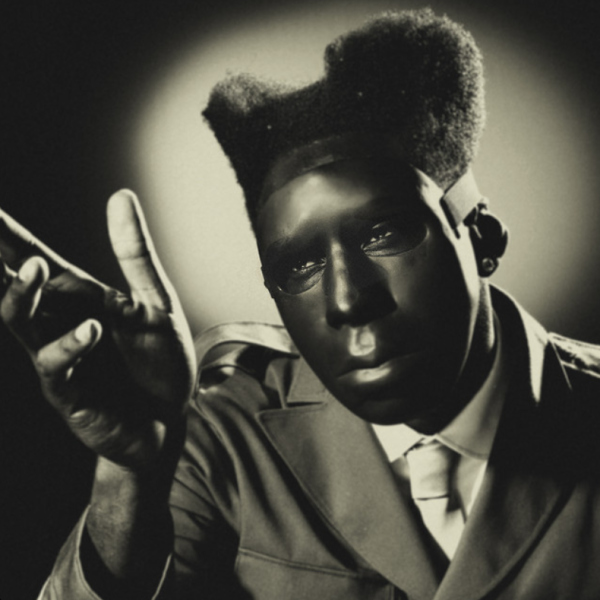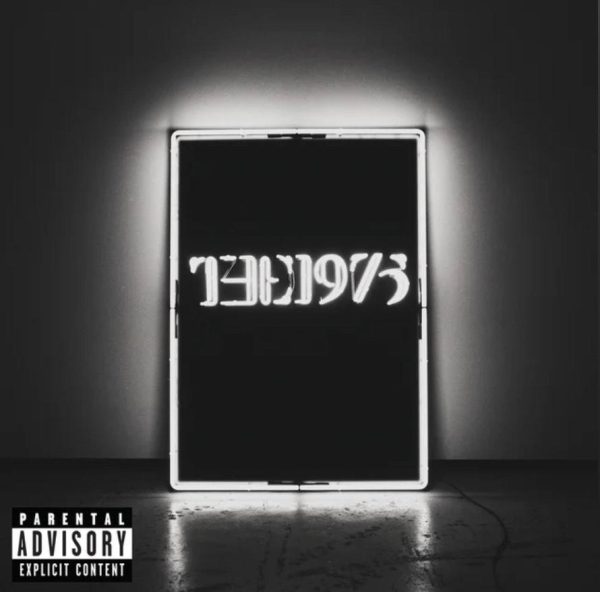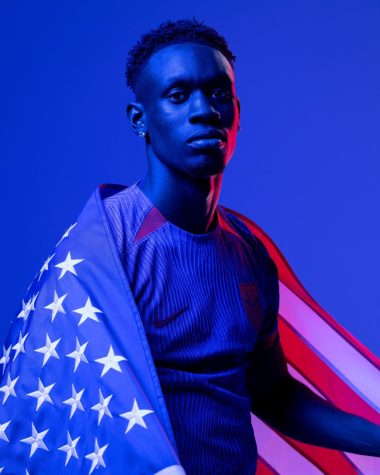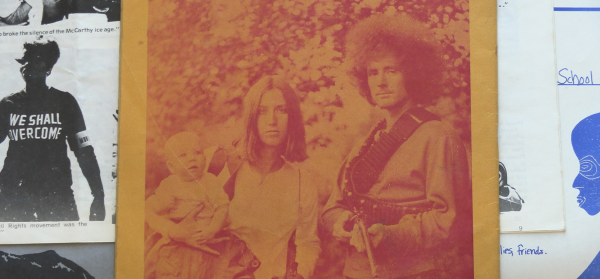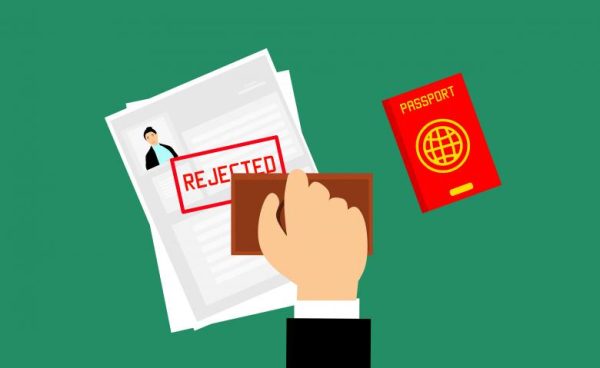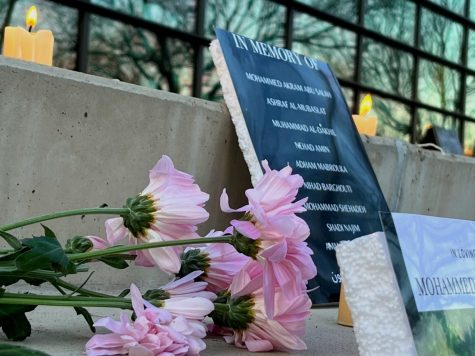The kids are not alright: How the Parkland survivors are reshaping the gun control conversation

(@vladimir-vladimir-palyanov, Unsplash)
After almost every mass shooting in America, a usual course of action would follow — GOP leaders who receive millions in donations from the NRA offer their thoughts and prayers while pretending to care, people argue over social media about the Second Amendment, and Democrats try to push through gun control bills Republicans say will never work. It was a familiar cycle until the survivors of the Marjory Stoneman Douglas High School shooting got involved.
The survivors of this shooting got on television, social media and any other platform they could use and demanded change. They got in front of Sen. Marco Rubio on live television and asked if he would “accept a single donation from the NRA” going forward. He avoided answering, saying the NRA “buys into my agenda, I don’t buy into theirs.” But others have heard their demands. Kansas Sen. Pat Roberts, who is ranked 13 among beneficiaries of the NRA in Congress said he would support placing an age restriction on buying AR-15 assault rifles.
Companies such as United Airlines, Delta and Hertz have stopped giving discount rates to NRA members. Walmart, the largest retail store in America, announced they would not sell firearms and ammunition to anyone under 21, and Dick’s Sporting Goods has stopped selling assault rifles altogether. Meanwhile, FedEx said it would continue its discount program to NRA members, stating “FedEx is a common carrier under Federal Law and therefore does not and will not deny service or discriminate against any legal entity regardless of their policy positions or political views.”
But gun advocates and right-wing media have brought up legitimate points that should not be ignored. The Second Amendment is in the Bill of Rights, and it would be unconstitutional to take away guns from law-abiding citizens. However, the FBI had been warned numerous times from a person close to Nikolas Cruz about his recent pattern of behavior, social media posts and gun ownership, and they did not investigate.
The NRA spokesperson Dana Loesch argued during a speech at the Conservative Political Action Conference “many in legacy media love mass shootings” because grieving mothers and outraged citizens bring in high ratings. The media produces stories on virtually everyone involved — the victims, the shooter, the parents — and people are enamored with their stories. Loesch also argued that there are grieving black mothers in Chicago every weekend, and the media doesn’t hold town halls for them because it isn’t “ratings gold.”
The National Review published an article stating that survivor David Hogg, who’s being treated as a leader within the gun control movement, is now a political advocate for an important national policy debate and people who disagree with his beliefs deserve to have a voice as much as he does. Even though Hoggs is a survivor of a tragedy, Charles W. Cooke, who wrote the article, believes it doesn’t give him any special insight into this very complicated issue. There are many elaborate factors to this debate, and someone who isn’t fully educated on these factors might not be the best advocate, and the loudest voice isn’t always the correct one. You cannot denounce another person’s opinion simply because you do not agree with them.
But these arguments don’t have to do with the core issue. We, as Americans and as human beings, need to make sure our children do not have to go to school every day fearing for their lives. We cannot allow people who are a clear danger to society have access to guns, regardless if they got them legally. If law-abiding citizens want to own an assault rifle, they must go through proper background checks, mental health tests and training to own one. Arming teachers or banning guns altogether will not stop mass shootings, but making sure politicians are hearing our concerns and threatening to vote them out of office if they do not make changes is a good place to start.
Email Harry at [email protected] or follow him on Twitter @harry_ortof.
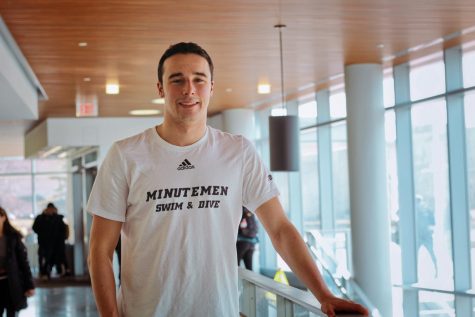
Email Harry at [email protected], or follow him on Twitter @HarryOrtof


